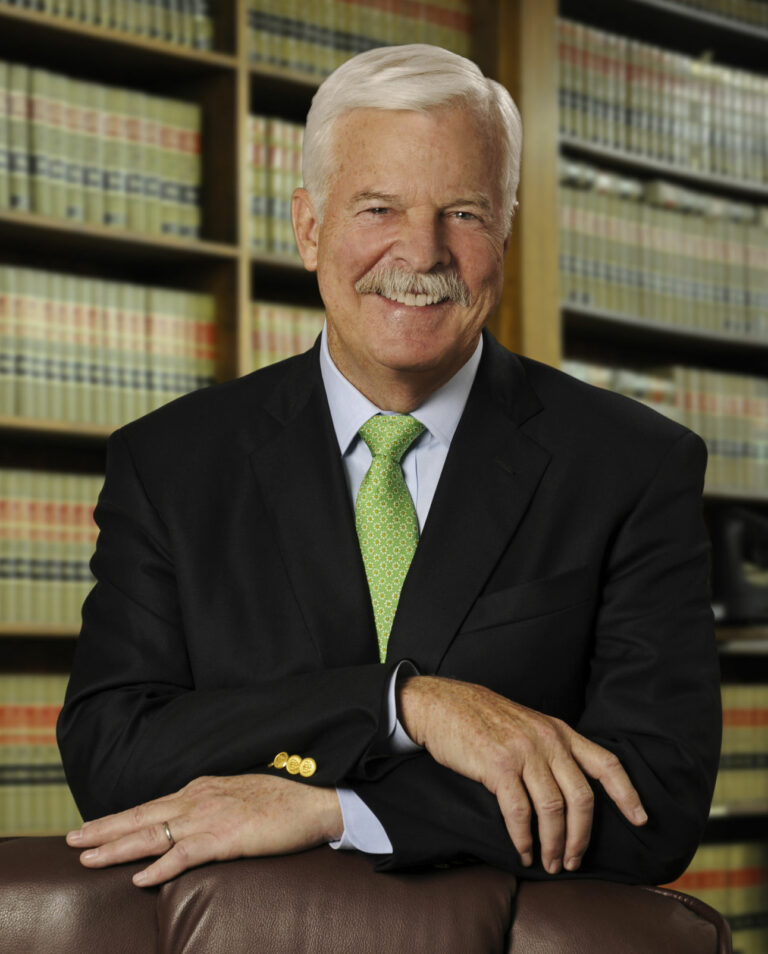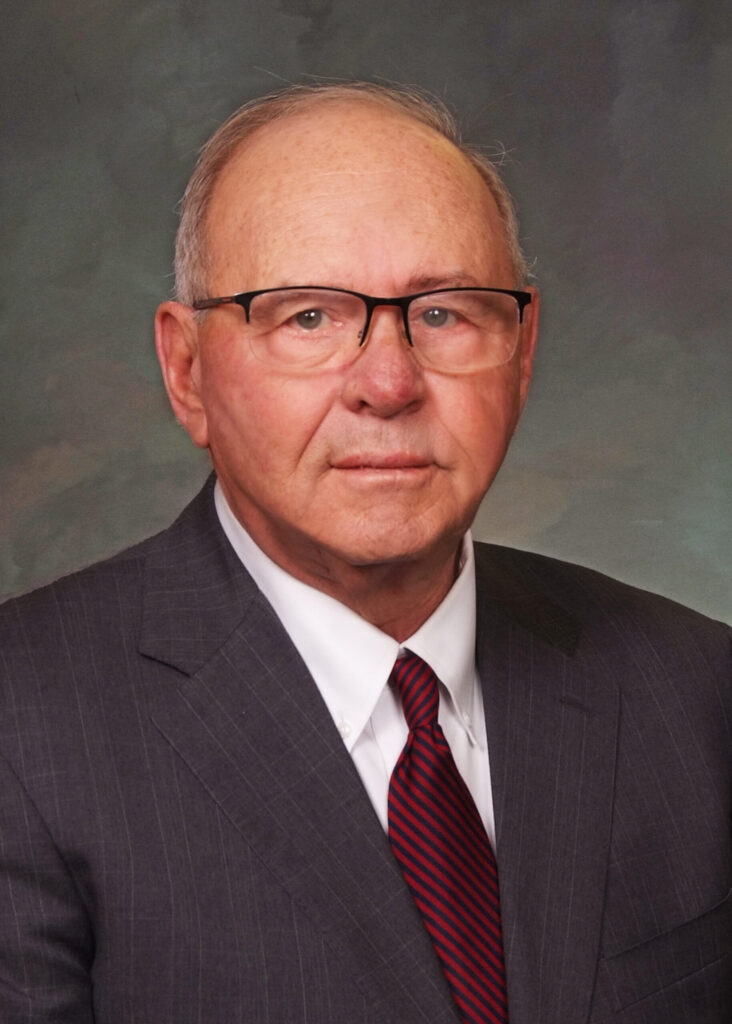THE PODIUM: Denver deserves transparency for marijuana money

Denver’s taxpayers have a right to know how their money is spent, especially when the revenue comes from a newly legal product in a controversial industry.
I recently released a follow-up report to our 2016 audit of the Office of Marijuana Policy. In the original audit, we called for greater transparency in how marijuana-related revenues are used by the city. We also recommended the office improve community and business outreach and communication. Denver was one of the first cities in the nation to allow the sale of recreational marijuana and to tax and regulate it. The entire country has been watching our city and state to learn from our experience.
Voters approved recreational marijuana in 2014. Denver collects the city’s regular 3.65 percent sales tax on medical and recreational marijuana, but collects an additional 3.5 percent special sales tax on recreational marijuana. This is in addition to the taxes the state of Colorado collects. The state has a specific fund for marijuana-related revenues, which can only be used for health care, health education, law enforcement and substance abuse prevention and treatment. This is in line with what voters approved when supporting the legalization of marijuana. However, Denver’s marijuana-related revenues are not allocated as specifically or clearly as I anticipated.
The Office of Marijuana Policy was started as its own agency in 2014. Its purpose is to recommend, administer and implement marijuana policies. It works as a liaison with many city and state agencies, marijuana businesses and communities affected by the sale of marijuana. Since the original audit, the mayor folded the office into the larger Department of Excise and Licenses.
When my team returned to follow up on the recommendations from the audit, we found the office was making progress but still hadn’t fully achieved the transparency I think the agency needs. The office is doing a much better job of reaching out to communities and marijuana businesses through meetings and other communications and publications. However, I believe there still needs to be more specificity in tracking how marijuana-related revenue is actually spent.
The recommendation regarding fund transparency was marked as “partially implemented” because the office, through the Department of Excise and Licenses, worked to include information on how some of the funds are to be used in the mayor’s 2018 budget. Prior to the audit, marijuana revenue went into Denver’s general fund, with little transparency of how it was spent specifically.
However, the budget designations are still too inexact. A special revenue fund, earmarking the money solely for the purposes intended by the citizens of Denver, would be a more transparent way to track the money.
A special revenue fund is a government accounting tool used for administrative, financial management and transparency purposes. When money is moved out of the general fund – a pot of revenue that can be used for wide-ranging city operations – and into a special revenue fund, spending is restricted to a specifically defined purpose. The state of Colorado uses this method for tracking marijuana revenues and expenditures to meet taxpayer intent.
When voters approved recreational marijuana, they did it with the expectation that marijuana-related revenues would be used for specific purposes by the city. For example, voters in 2013 indicated marijuana tax revenue should be used for marijuana regulation, education, enforcement, public health and other expenses related to operating the city and its facilities.
The Office of Marijuana Policy is a valuable addition to the city as we all work on ways to manage this new and unique industry. I’m pleased to see the office making efforts to improve and expand outreach with the citizens of Denver. I hope my recommendations can do more to help the office progress by encouraging transparency and clarity on behalf of everyone who cares about Denver. Due to the high level of scrutiny expected for all marijuana-related issues, I believe all government operations related to it need to be held to a higher level of transparency.
Read The Podium weekly; it’s where prominent players in Colorado politics address the big issues of the day.














